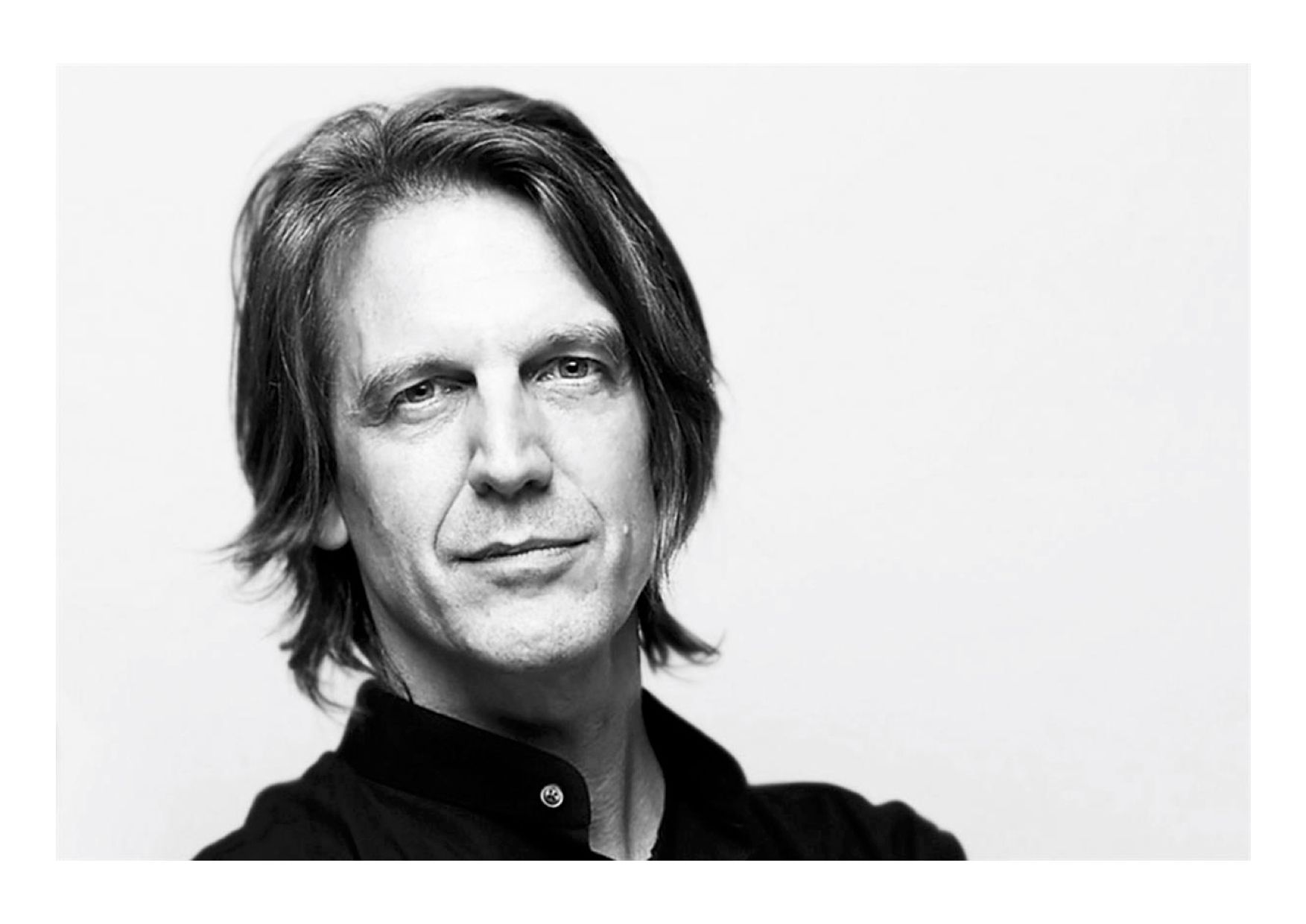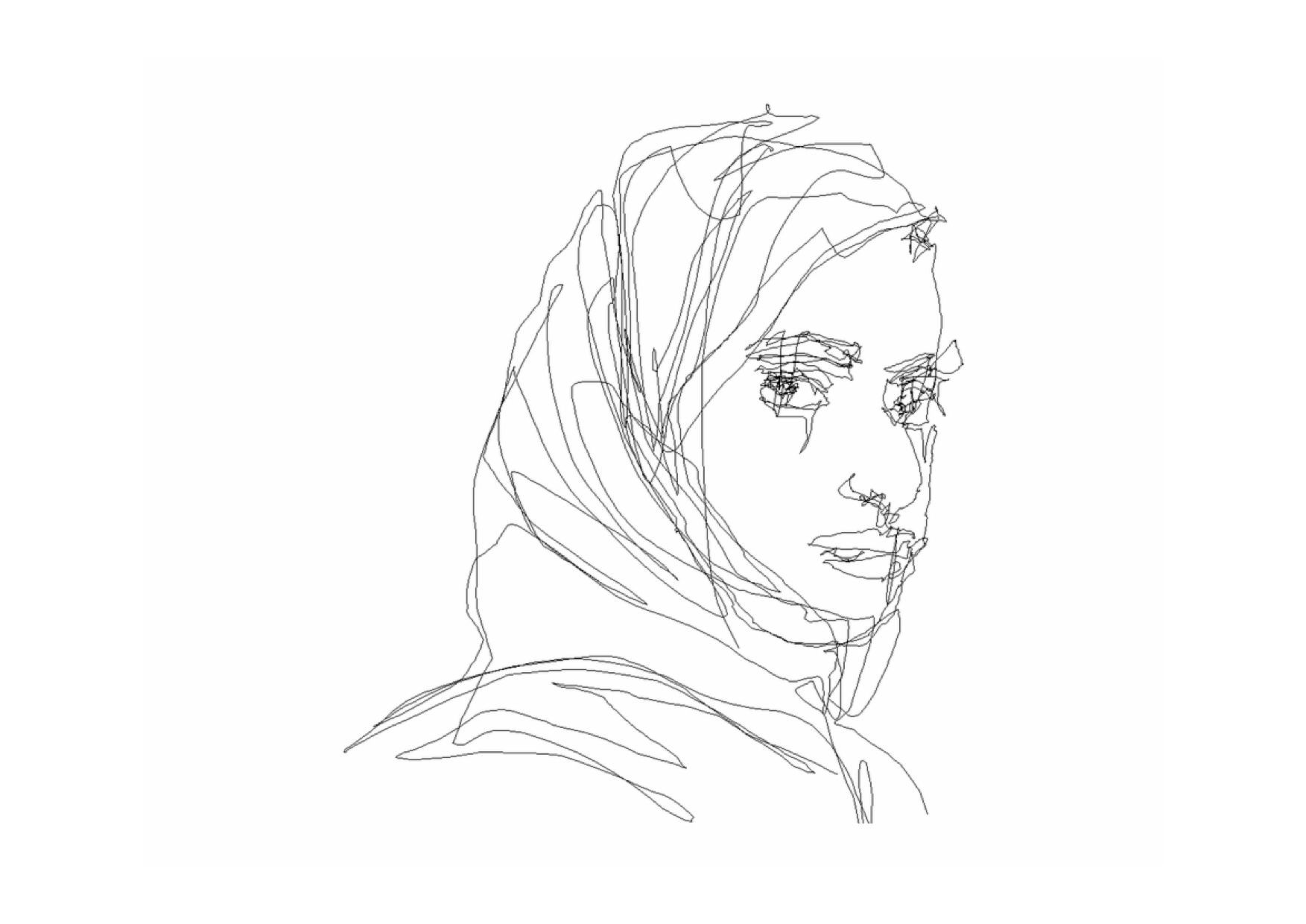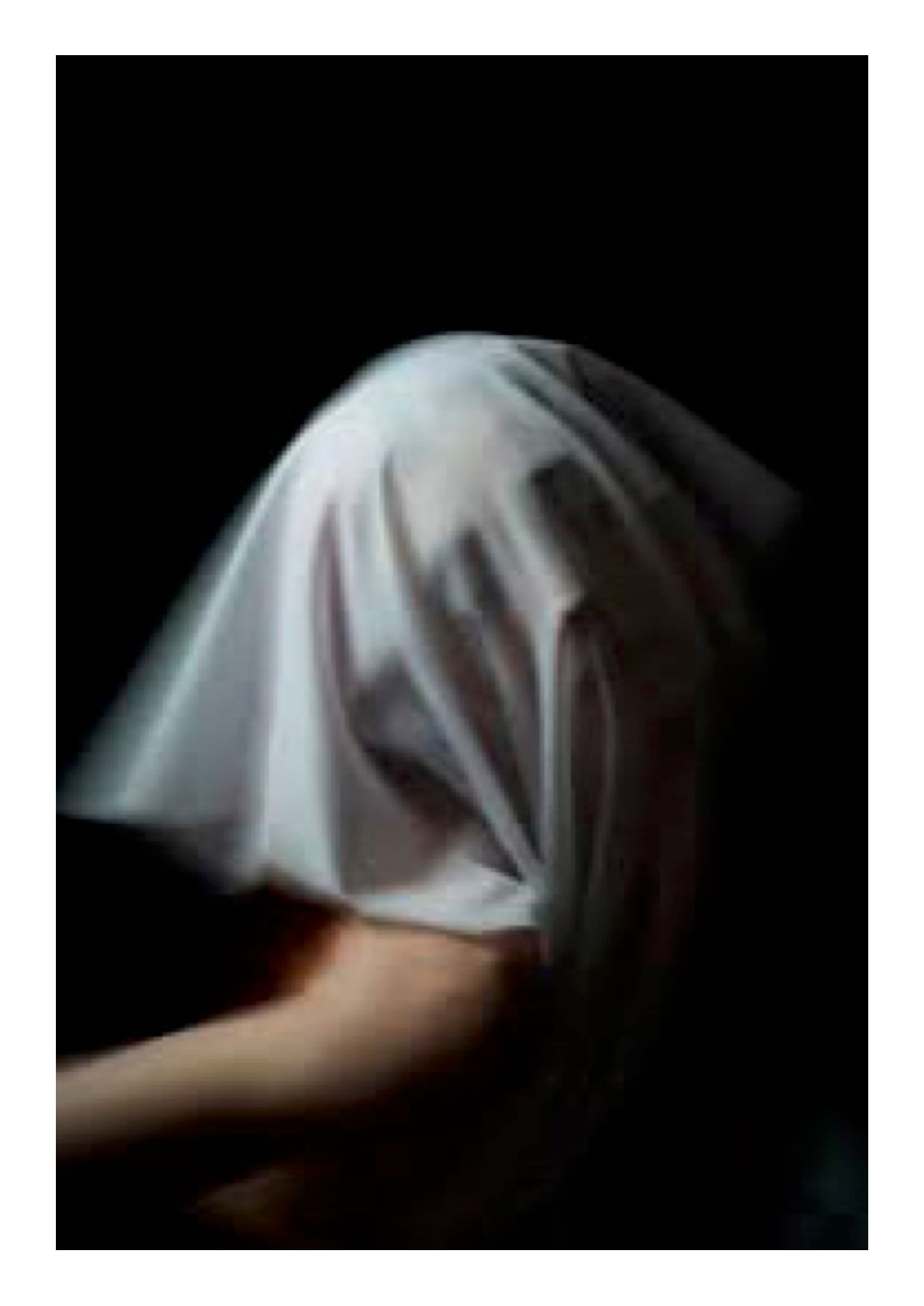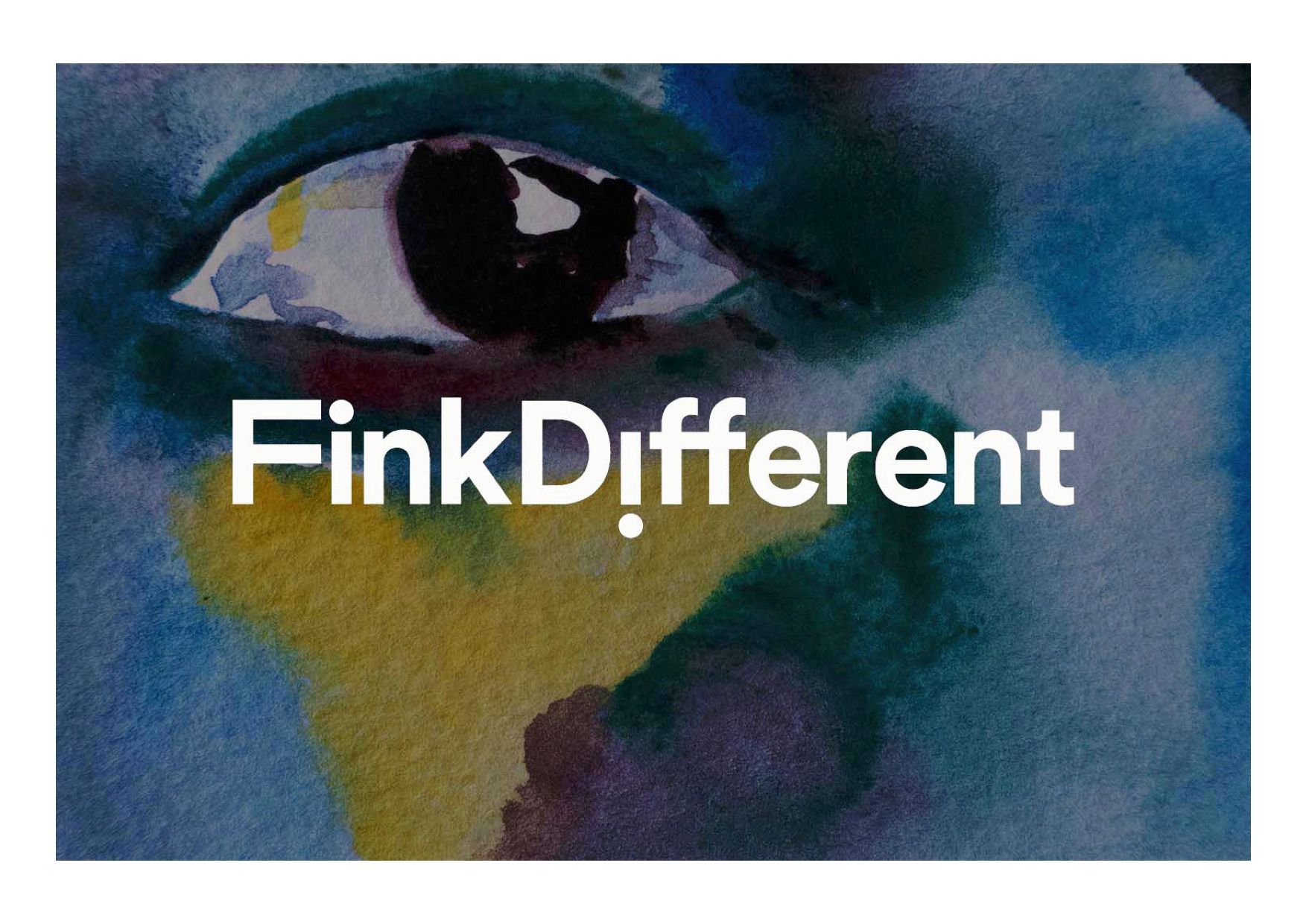
The word polymath is somewhat overused in the Instagram era, but it can be said to genuinely apply to the inarguable creative wunderkind Graham Fink–a man who has spent his entire life within the cutting-edge environs of disruptive media. Having been in charge of creative at some of the world’s largest advertising agencies, such as Ogilvy and M&C Saatchi, his formidable skills span a vast creative landscape. Never one to rest on his laurels, he has recently turned his attention towards a panoply of projects that have witnessed him paint portraits with his eyes (via cybernetic technological wizardry), act as a global PR agent to a robot from Hanson Robotics, and launch a successful mentoring platform entitled FINK Different. Here, the ever-enthusiastic creator tells Collective Culture why the next step for the evolution of our species involves a systems upgrade, and explains why it’s always important to be the dumbest guy in the room.
How do you think the pandemic has transformed society?
What has happened in the last 18 months was previously unthinkable. If someone had said, let’s all try working from home to see if it makes us more efficient, stop flying to help the environment, and wear masks to stop the spread of disease, no world leader would have taken any notice. But we’ve been forced to do just that, by an act of nature. There have been terrible consequences, of course, but there have been some upsides–a dramatic cut in fossil fuel use, less pollution, coral reefs beginning to rebuild themselves, and so on… It has also had a profound effect on the way we looked at ourselves, enforcing a period of self-reflection, so we could look at what we were doing, and think about reframing our lives. I only hope we can now build on the positives–learn from the mistakes we made in the past and make better choices going forwards.

In terms of going forwards, what are your hopes for the future of our species in regard to automation and AI?
I feel fairly positive about the rise of AI. People often ask me if AI is going to take over the creative industries. Is a robot ever going to able to do what we can do? Will it have ideas like we do? And my, often unpopular, answer is, yes, it will–just think how long humans have been learning to write and then think about how long robots have; about five minutes compared to us. In a relatively short space of time, AI has made incredible creative advances. For example, I recently bought some art created by Ai-Da, the world’s first humanoid robot artist. AI and art are something that we might think of as an oxymoron, and it’s a huge debate, of course, but for me the most exciting thing about AI is precisely that it’s challenging our belief that a machine cannot be creative. It is keeping us on our toes, and we are being forced to up our game in all areas.
Are you a believer in the notion of guided evolution?
Well, it was recently reported that David Attenborough said that humans have stopped evolving. Why? Because, in his words “We stopped natural selection as soon as we started being able to rear 95–99 per cent of the babies that are born.” Personally, I think it’s because we’ve got lazy. Evolution is all about adapting to your environment, but we’ve reached a stage where the opposite is happening–we are simply adapting our environment to suit us. We need to step up and start evolving again. And one way to do it could be through working with AI. We already have artificial limbs and pacemakers that are linked with AI to monitor our health. So this is already the way it’s going. Pretty soon we’re going to be living for 150-200 years. This is not evolution; it’s what I am calling AiVolution–the human and the machine, a partnership of opposites.

How do you think social media is affecting society?
Social media is still relatively young, but already it’s proven to have a detrimental effect on millions of users. Simon Sinek has talked a lot on this subject. He points out that the chemical dopamine is released every time we get a ‘ping’ on our phones, and as a result many of us, especially millennials, are becoming addicted, with lives consequently thrown out of balance. It’s difficult to predict where all this is going to end up. In a way, it’s ironic that the very thing we created to give us more freedom could actually be argued to be doing the opposite. I still think, though, that if it’s used well and with a great idea at the heart, it can do good–raise awareness and change attitudes. Having said that, I thought it was interesting that back in June everyone on Instagram was posting black squares and using the hashtag #BlackOutTuesday in solidarity with the killing of George Floyd. Lots of people also used the hashtag #blm and received posts from others telling them to remove it, as it was clogging up that page with millions of black squares. So, the rules of engagement clearly still need refining.

Tell us about your recent course on creativity, FINK Different…
FINK Different is a creative course for business. The whole thing was about a year in the making and the feedback has been fantastic. There is an underlying theme of how to build your self-confidence and work on your individual strengths to find out what makes you different, and how you can use that difference to stand out from the competition. One key thing I always teach is don’t be the smartest person in the room, be the dumbest. Doing the opposite to what’s expected is always a good starting point when trying to get fresh ideas. If you are in a room with a group of your peers trying to crack a problem, everyone feels that what they say has to be at least good, if not great. The pressure is on, so that room is often very quiet. The best way to draw everyone out is to come up with some really daft ideas yourself, especially if you’re the boss. That way you create a safe environment. You’re giving everyone permission to make a fool of themselves. And once the bad, mad and crazy ideas start coming at full flow, it’s easy to build on them.
Find out more at www.fink-different.com
Credits (Top To Bottom): Portrait; Eye Drawing; Oil Painting; FINK Different promotional poster. All images courtesy of Graham Fink.